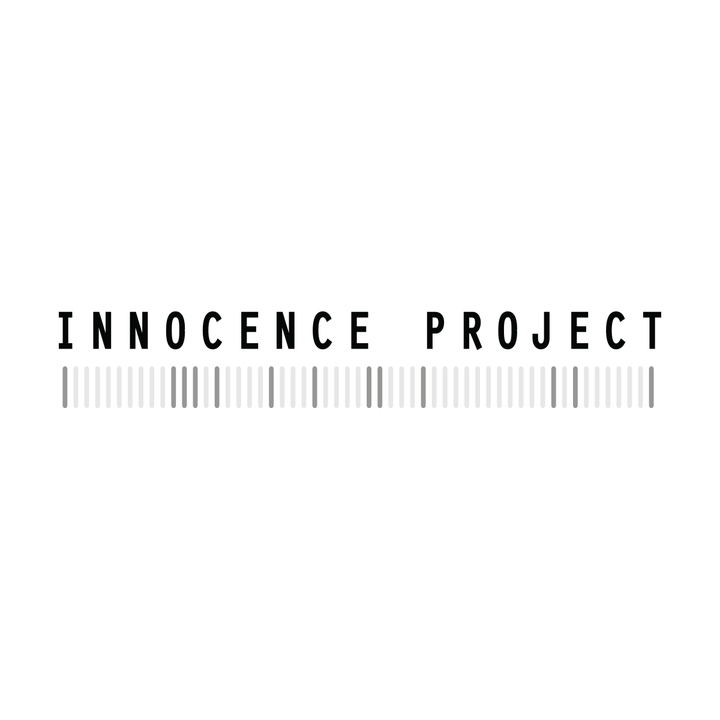What you need to know when volunteering for Innocence Project
07.05.16
Why we stand up for innocence
Since 1989, 342 innocent individuals have been exonerated by DNA evidence in the United States. On average, they spent 14 years wrongfully imprisoned; in total, they served more than 4,600 years. Twenty of them spent time on death-row. One hundred sixty-six of the actual perpetrators were identified, and went on to commit 146 additional crimes while innocent men and women sat behind bars.
These numbers — while horrifying — are just the tip of the iceberg. It’s rare to have testable biological evidence (DNA) in a case, and it’s even more rare for the evidence to be kept for years after conviction. A review of the cases which the Innocence Project had to close showed that almost 30% could not be investigated further because the evidence had been lost, or destroyed.
Without ever knowing the exact numbers, we know that wrongful convictions are a huge problem in the United States. The Innocence Project’s groundbreaking use of DNA technology to free innocent people has provided irrefutable proof that wrongful convictions are not isolated — or rare — events, but instead arise from systemic defects.
Talking points
The phenomenon of wrongful convictions – the human stories involved, the factors that cause them, and the remedies that can prevent them – should hold the interest of virtually any listener.
If you’re able, it’s important to briefly cover both the problem and the solution. After discussing the existence of wrongful convictions and what causes them, talk about how we can prevent them in the future. The Innocence Project’s policy department works with Congress, state legislatures and local leaders to pass laws and policies that prevent wrongful convictions and make it easier for the innocent to receive justice. Each of these reform talking points can have a huge impact on future injustices, as well as making sure that the wrongfully convicted are properly compensated.
You can find fact sheets and more information about the Innocence Project’s reform initiatives here.
It also helps to talk about cases of wrongful conviction which have occurred in your state, especially if you can use the cause of the wrongful conviction to illustrate why we need reforms. For example: if you are volunteering at a show in New York, you might bring up Steve Barnes, who was wrongfully convicted in large part because of bad forensics and eyewitness misidentification. Illustrating what went wrong in a single case can be very persuasive evidence supporting reforms. If you don’t know of any cases in your state, check out our database or feel free to ask Hannah for help in finding a good example.
It’s critical for your audience to hear that these issues impact entire communities, and that reforming the criminal justice system benefits everyone. Explain that these issues deserve broad support because public confidence in the criminal justice system is so diminished when innocent people are convicted (and the real perpetrators remain at large).
Leave a Reply
Thank you for visiting us. You can learn more about how we consider cases here. Please avoid sharing any personal information in the comments below and join us in making this a hate-speech free and safe space for everyone.
July 16, 2021 at 5:30 pm
February 15, 2021 at 10:11 am
Thank you. I am a missionary and I would like to volunteer.

I have made a few phone calls here to Duke University as they have a student volunteer program, however I haven’t heard back.
I’m just a mom grandmother and extremely interested in helping in anyway I can, in my limited capacity. A lay person ! The documentary on The Innocence Files was highly emotional to me. I can sort mail, stuff envelopes, just to be a part of it.